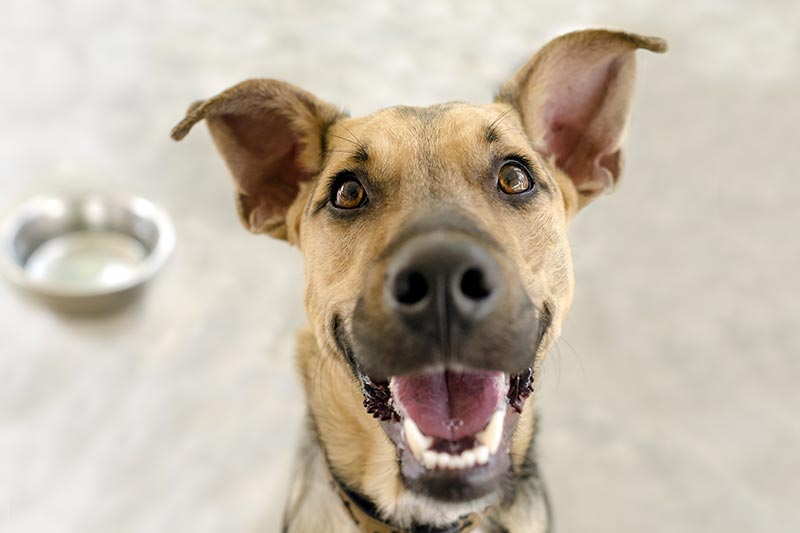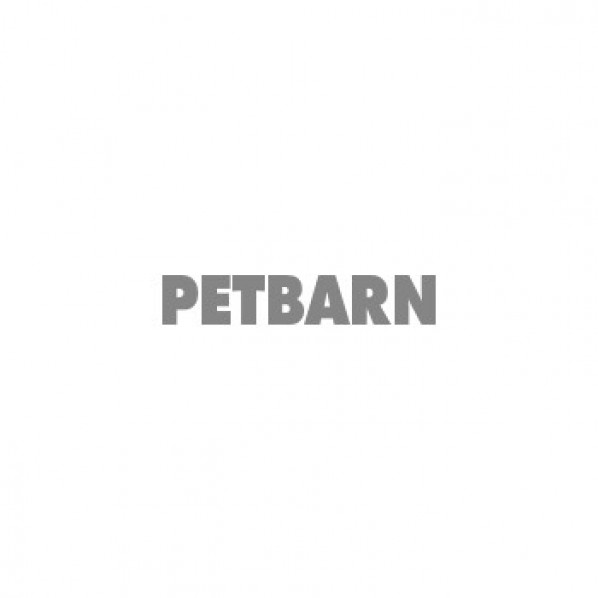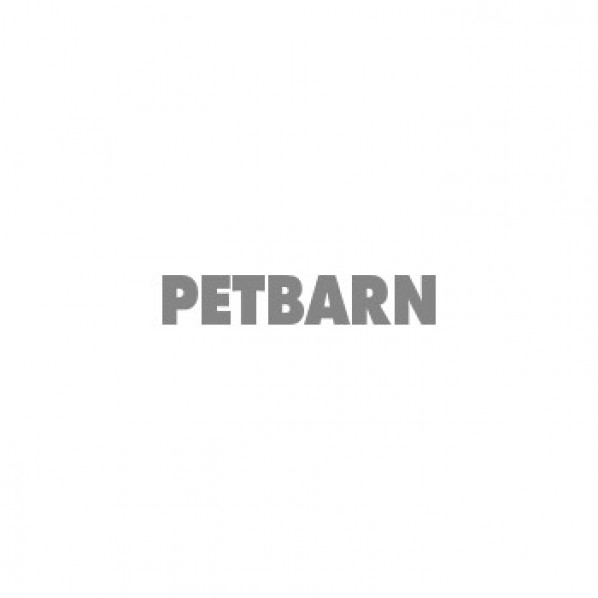It’s estimated that 41% of dogs in Australia are overweight, but parents often aren’t aware that anything is amiss with their pet’s health. Here’s how to determine whether your dog is obese.
Obesity is a major health concern for dogs of all life stages. If your pet is overweight or obese, they are at a greater risk of other health issues, such as arthritis, diabetes, cardiac and respiratory disease, poor coat quality and skin irritation. Overweight pets are also likely to be at greater risk during surgery and live less active and shorter lives, so it’s important to identify the problem early.
Checking your dog’s weight
To identify if your dog is overweight or obese, you’ll need to examine their physique, and also take a look at their regular diet and exercise regimes. Firstly, look at your dog’s body and watch them as they move. If they waddle when they walk and it’s hard to see a defined waistline, your dog’s weight could be a growing concern. Next, do a more hands-on check of your dog’s physique by calling them over and examining their upper body. If you have any difficulty feeling their ribs, your dog could be overweight. If this is the case, it’s important to take immediate steps to ensure your dog’s continued health and wellbeing.
How you can help
There are some contributing factors we can’t control, such as breed, sex, age and genes, but there are other aspects of your dog’s daily life that can help keep them healthy, such as exercise and feeding them nutritious food. Different dog breeds have different exercise requirements, so to keep your pet healthy ensure you’re getting out and about enough to keep them in peak physical condition.
Likewise, to ensure your dog stays healthy and at their optimal weight, it’s important to feed them a high-quality diet packed with all the vitamins and nutrients required for their breed, size and life stage. These foods are full of omega-3 fatty acids, high-quality protein sources, dietary fibre and prebiotics to help keep your dog healthy. It’s also important to ensure your dog isn’t over-eating, so never feed them more than the amount recommended on the pet food label. To assist with this, it’s essential to monitor your dog’s snacking and take this into account when preparing their main meal. If your dog eats too many treats, this could be contributing to their weight problem.
Recommended Food for Weight Management
Talk to your friendly Petbarn team member to discover the food that’s best for your dog, or get the answers to your questions online in minutes with our handy Food Finder quiz.
Here’s some more advice on checking your dog is a healthy weight:





